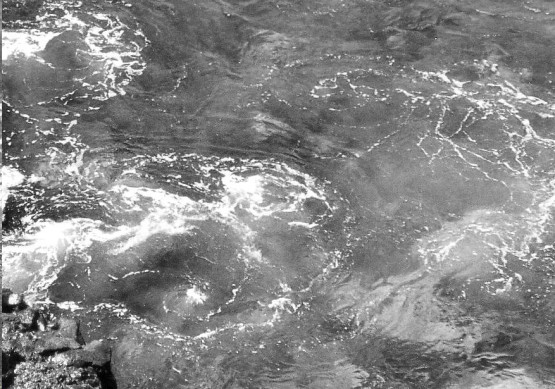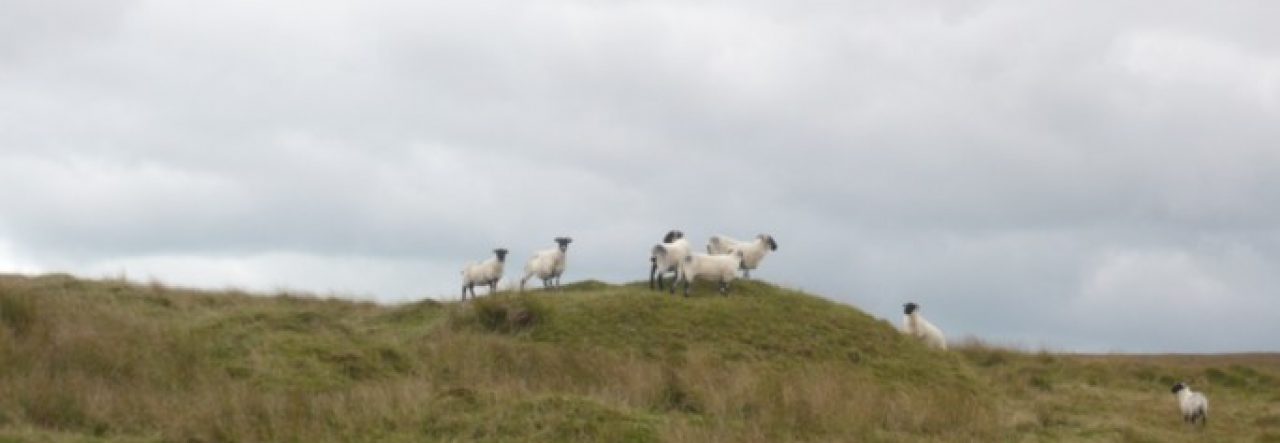
Long, long ago, (although not in a galaxy far, far away) I posted a poem about Vikings which was called, astonishingly, Vikings. (It can be found here should you wish to re-visit it.
This is a rather tongue-in-cheek follow up.
The New Viking, a Reformed man
He brought death and terror to these Saxon lands,
Taking iron and fire to fearful hamlets,
But he was defeated by a woman,
A yellow-haired woman, soft and pliant.
And now the screams of battle are the
Bloodcurdling cries of infants.
He beats his sword into a ploughshare,
And grows rows of turnips and cabbages.
His axe cleaves firewood.
Maybe he’ll name his house ‘Dunplundering’.
He no longer lives within sight of his beloved sea,
But he watches trees ripple in the wind;
An ocean of billows topped with brilliant green spume.
Casting long shadows in warm sunlight,
These immobile giants roaring and sighing,
Desperately attempting to free themselves
Of their earthen shackles
Feel uncomfortably close to home.
Those northern winters still call him.
The fire, the mead, the fighting,
The tales of monsters and warriors.
Hamstrung by instinct
He shifts uneasily, guiltily, on his chair by the hearth.
His sword fingers twitch and tap and he
Looks for reasons to pick arguments
With his neighbours.
Anything would do.


